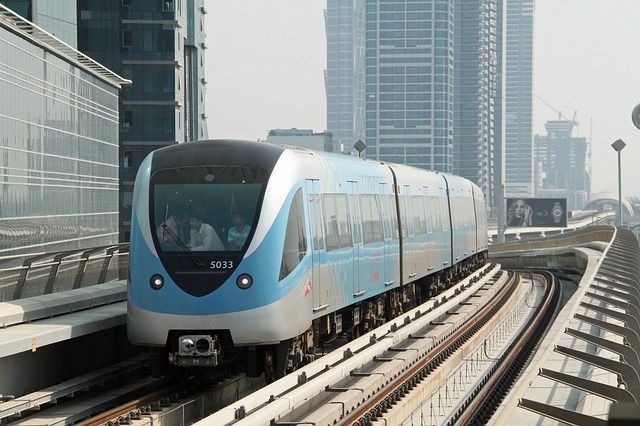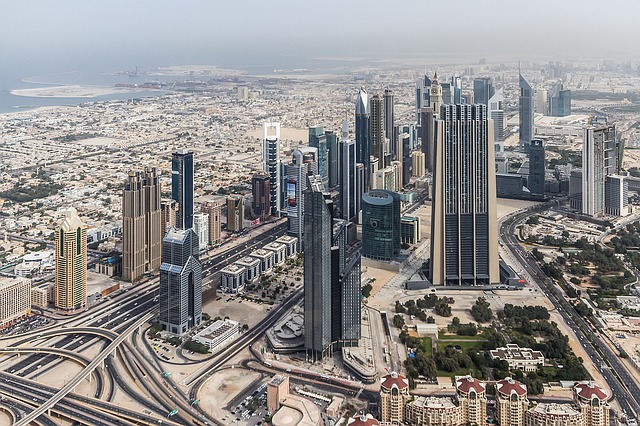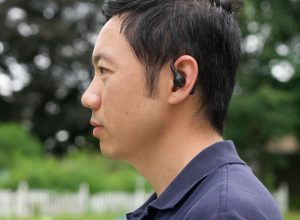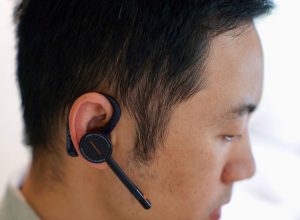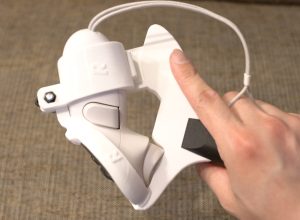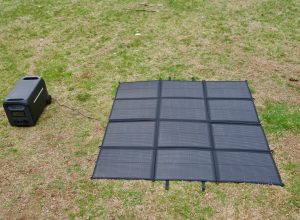Anyone with even a passing interest in tech trends will have been unable to escape the phrase ‘smart city’. It is increasingly being taken up as a byword for progress and how embracing the Internet of Things can improve urban living.
Smart cities, which by definition are designed to gather data as widely as possible in order to make living more efficient and productive, are now very much accepted as the gold standard for urban living, with policymakers across the globe racing to make their cities ‘smarter’.
Dubai is one shining example of good practice in this regard. The Middle Eastern city state has a reputation for ostentatiousness and big shiny things, but it does smart, interconnected living increasingly well. Here are some of the ways that Dubai is paving new ground in the smart city revolution.
Transport
Dubai has long been known as a badly congested city. Its inhabitants are some of the heaviest users of private cars in the world and, with efficient transport being a cornerstone of any smart city, it has had a lot of work to do in this area. But Dubai is gearing towards this goal with ambition and imagination: while the 2-line Dubai Metro was once an object of ridicule, the stations and lines are seeing massive upgrades and expansion and a large number of eco-friendly monorails are currently in the works to feed the system.
More impressive still is the Dubai bus service. It currently has a staggeringly high 193 routes across the city and some bus shelters have air conditioning, powered by solar panels at certain, remote locations. Compared to the rest of the region, Dubai definitely stands out here.
Interconnectedness
The interconnection of people, services and information is a cornerstone of a smart city and, whether you need to contact an important business partner or just need some tips for birthday ideas in Dubai, simplicity and speed are key. Dubai is currently undertaking one of the largest internet access initiatives in the world, laying miles of fibre optic cable, preparing for 5G and increasing public wifi hotspots.
This all means that as well as being to order dessert on Deliveroo at lightning speed, citizens will be very well-placed to exchange ideas and data, as well as access information on an unprecedented scale. Interconnectedness also means social cohesion, something in which many global smart cities like London and New York rank poorly. Dubai, on the other hand, steals one of the top spots around the world in this respect, making human beings feel closely connected in the city and the others around them.
Urban Planning
One thing that always blows away newcomers to Dubai is that this huge vertical city sprung up virtually overnight. Once a desert backwater, it transformed into a futuristic metropolis in the space of 20 years. This means Dubai has had the benefit of other cities’ hindsight, to avoid the urban planning mistakes made of older cities. The layout of roads, services, zoning, and architecture is, therefore, some of the most efficient in the world.
Dubai may be a while away from catching up with some of the more established smart cities, but the level of ambition and commitment to this goal suggests the city may be a lot closer than we think.
